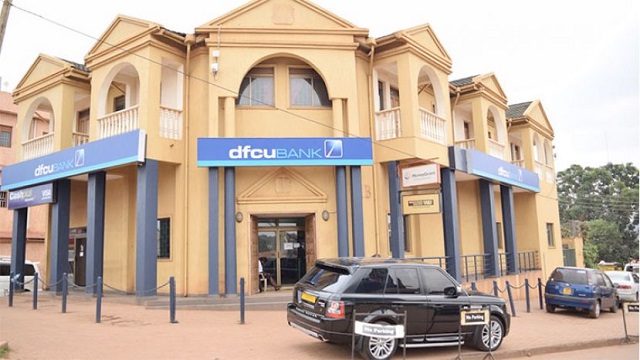
Kampala, Uganda | THE INDEPENDENT | Danish government-owned Investment Fund for Developing Countries (IFU) has bought 74 million shares (9.97%) in Dfcu bank, making it the second-largest shareholder after the Dutch-backed fund Arise B.V.
The transaction, which saw London-headquartered CDC Group sell its stake, has been viewed as a vote of confidence in the bank for attracting reputable investors. CDC is whole owned by the UK government.
The bank does not reveal how much the transaction was worth but going by the current share price of Shs 645 apiece, it translates into Shs 48bn paid for the stake.
Charles Nsamba, the spokesperson of the Capital Markets Authority, the market regulator, said the transaction was huge vote of confidence in the bank and the Ugandan market. He noted that funds like IFU have the capacity to do due diligence and spot viable investments.
Dfcu has had to battle negative press from online bloggers ever since it bought the defunct Sudhir Ruparelia-owned Crane bank in 2016. In its 2019 half-year financial results, Dfcu reported that its profit had fallen to Shs 35bn down from Shs 41bn in the same period in 2018.
But analysts say despite the slight slump, Dfcu is a bank to watch with promising growth potential.
Stephen Kaboyo, the managing director of advisory firm Alpha Capital, told URN that Dfcu makes compelling investment choices, making it attractive to investors.
“It is among the top five banks in Uganda and its financial metrics such as the return on Equity [the money investors put in] and return on assets,” said Kaboyo. “Net interest margin are very interesting. Even before the Crane [bank] transaction, it was steadily growing.”
IFU says it invests long term, an indication that it is not putting money in Dfcu for just a few years and then jump out.
The fund says on its website that IFU and IFU managed funds have co-invested in close to 1,300 companies in 100 countries in Africa, Asia, Latin America and parts of Europe.
******
URN
 The Independent Uganda: You get the Truth we Pay the Price
The Independent Uganda: You get the Truth we Pay the Price



